
World Justice Forum Will Convene Changemakers to Find Answers
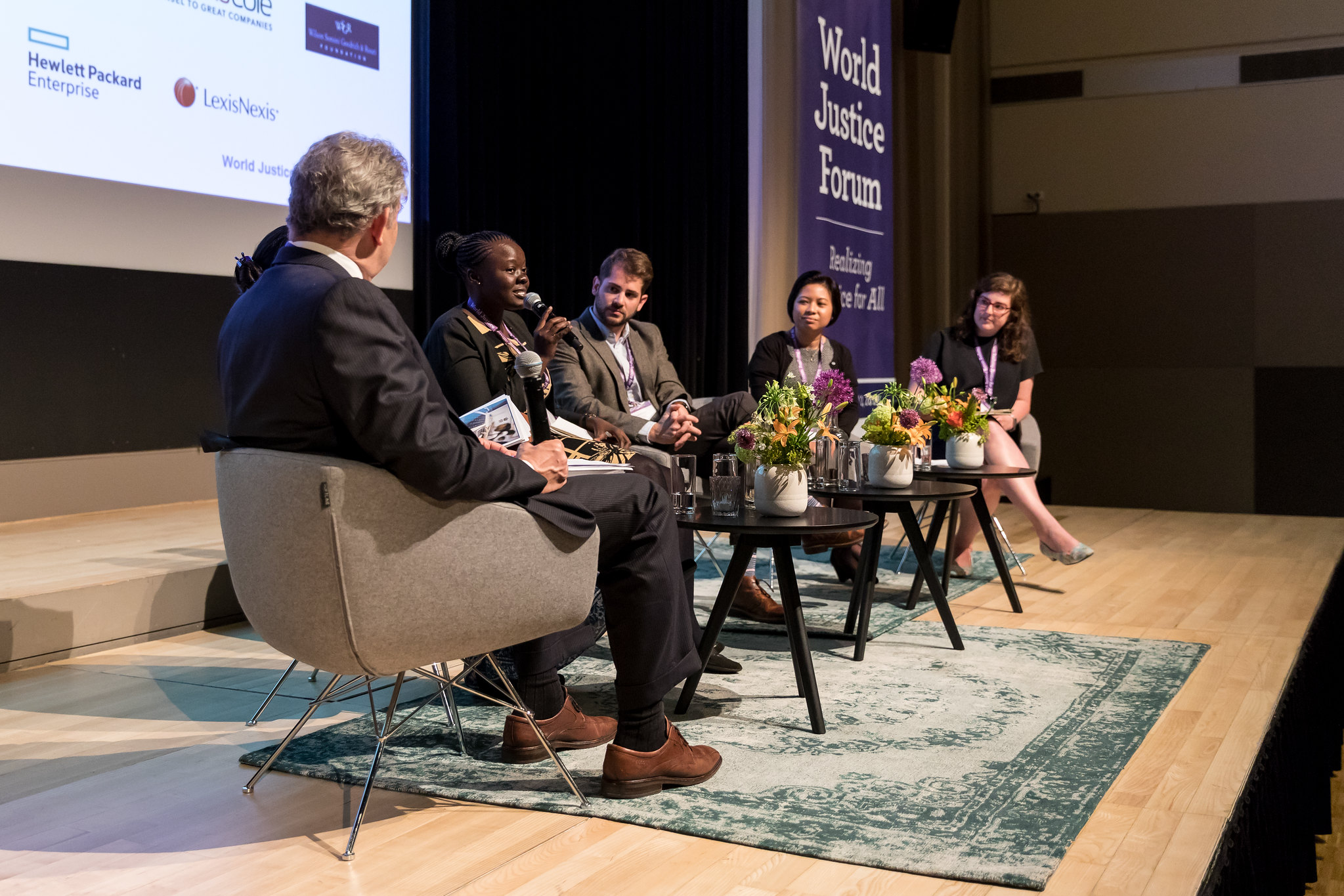
The most recent WJP Rule of Law Index found that the pandemic has exacerbated rising authoritarianism, eroded respect for fundamental rights, and fueled justice delays around the world. At the upcoming World Justice Forum (May 30–June 3), advocates and experts from civil society, government, and the private sector will convene to plot a constructive path forward. How can we reinvigorate momentum to reach Sustainable Development Goals by 2030 and ensure dignity and justice for all?
We asked several of the inspirational leaders who will be speaking on the Forum to share some thoughts in advance on what’s at stake and where we go from here.
WJP: How have you seen the pandemic undercut justice and the rule of law? Please share an example or two.
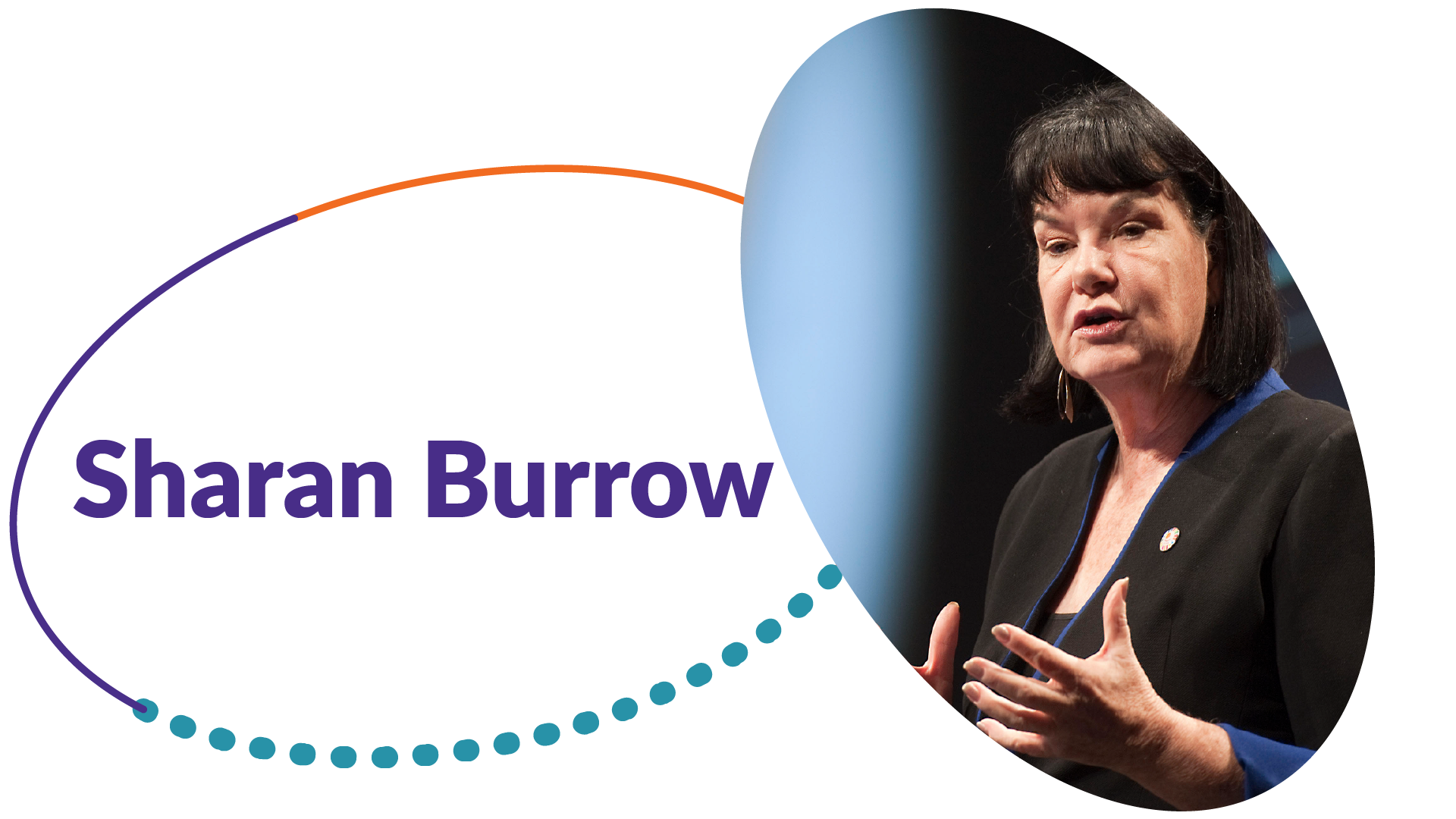
Governments and employers made workers choose between getting sick or feeding their families.
Contract law was torn up when the pandemic hit, retail outlets were restricted or closed and global supply chains all but collapsed. Even where major multinational companies had advanced orders which were in production these contracts weren’t honored in too many cases. Workers went without wages, lost their jobs and in poor countries had no social protection. The struggle to survive was very real!
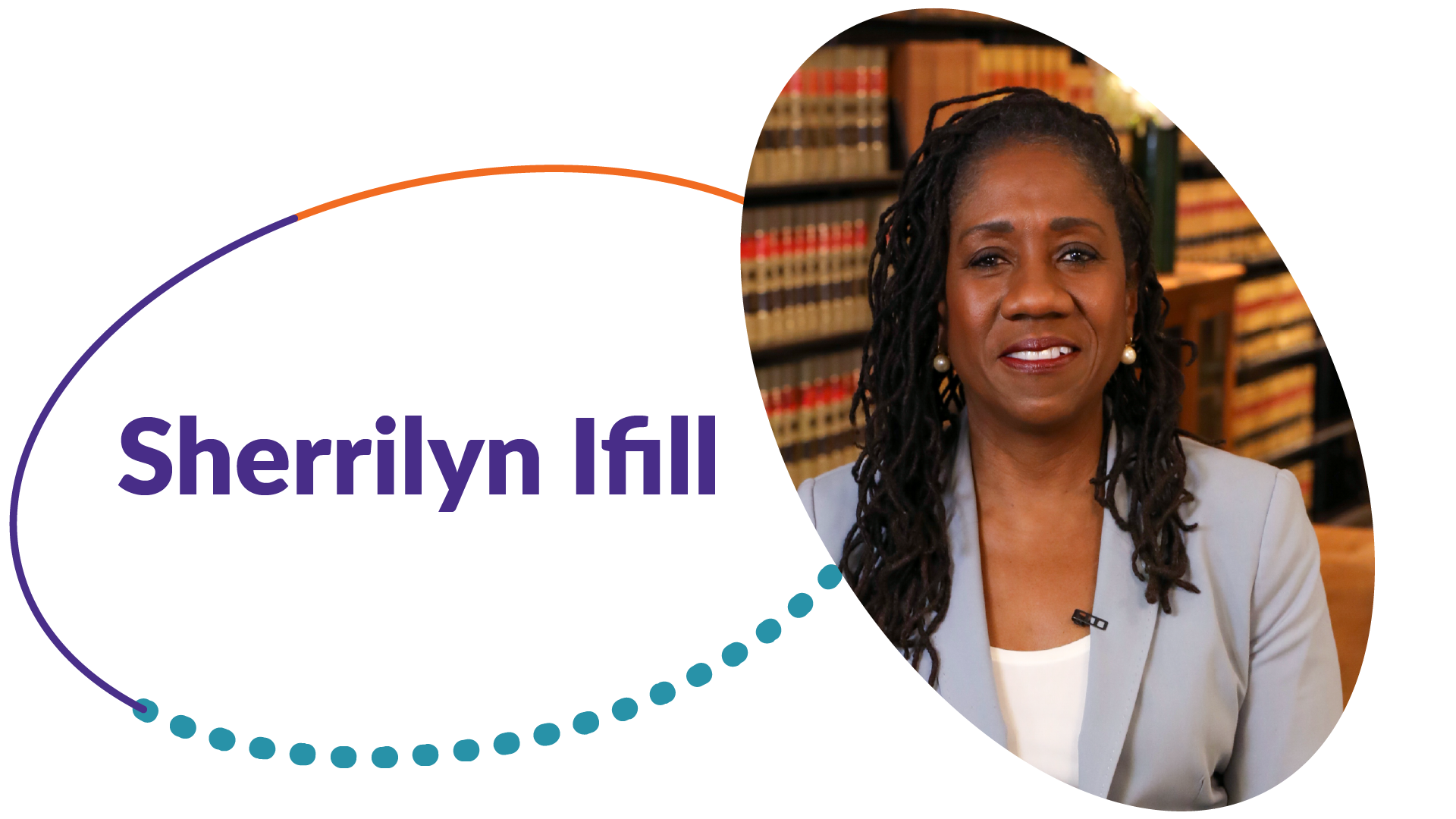
One of the most devastating effects of COVID was the manner in which it was permitted to ravage those held in U.S. prisons and jails. Nearly 2 million people are held in U.S. prisons and jails. Nearly 700,000 of those held are pre-trial detainees, individuals held in jail because they are poor and thus unable to afford the cash bail amount set by a judge.
In cities like Baltimore, prisoners who cannot afford bail are often held in jail up to a year or more awaiting trial. The conditions in U.S. prisons and jails are notoriously bleak. Indeed, I argued long before COVID, that we are facing a humanitarian crisis in prisons—especially in the South.
During COVID lockdowns these conditions worsened. Men and woman were held in conditions that prevented social distancing, and in which masks and gloves were not routinely provided, nor were cleaning protocols intensified. Many civil rights lawyers went to court to challenge these conditions—often without success, as the U.S. Supreme Court declined to uphold preliminary injunctions from lower court judges requiring COVID protocols for health and safety, even in prisons that housed only geriatric patients.
In prisons in the state of Arkansas at the height of the pandemic, COVID infection increased by 1300% in just four days in the spring of 2020. Prisoners suffered terribly. When vaccines became available, many state governors were reluctant to prioritize prisoners for vaccination, despite the inability of incarcerated people to undertake the kind of safety measures (social distancing, masks, hand washing) that had become routine in the general population.
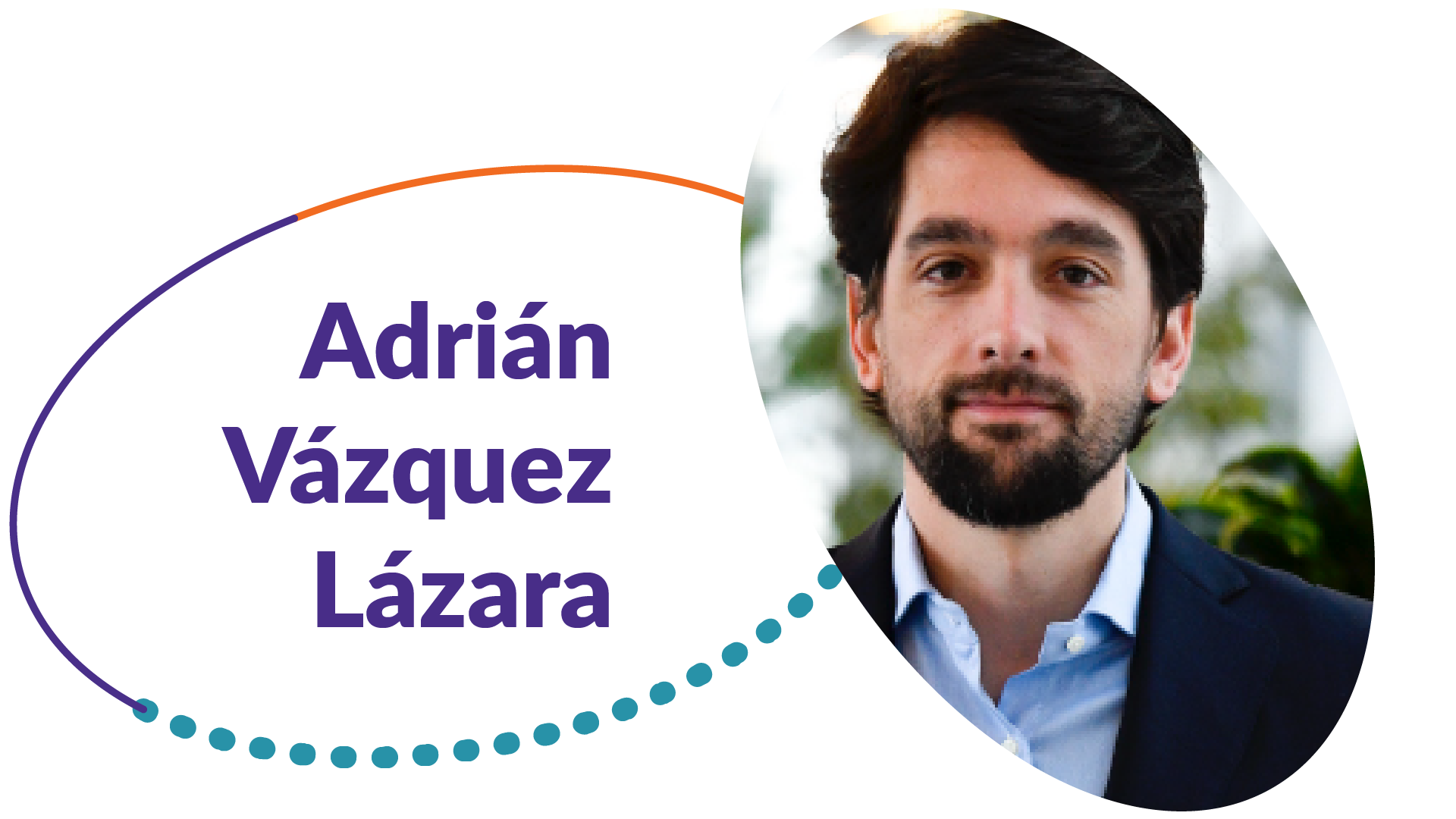
The pandemic has brought many democratic governments to adopt extremely restrictive measures affecting fundamental rights and freedoms. In some cases, these measures have been declared illegal or even unconstitutional by the courts of justice, sometimes when it was too late because they had already been lifted.
We have a double lesson to learn from this experience. First, the necessary flexibility to deal with the urgency of an unprecedented crisis can be compatible with the duty to be vigilant to protect the basic guarantees provided by the rule of law. Second, we need our judiciary to be better prepared to act in this kind of situation and to act without any delay to put an end to any undue, unjustified, or disproportionate restriction of our core freedoms and rights.
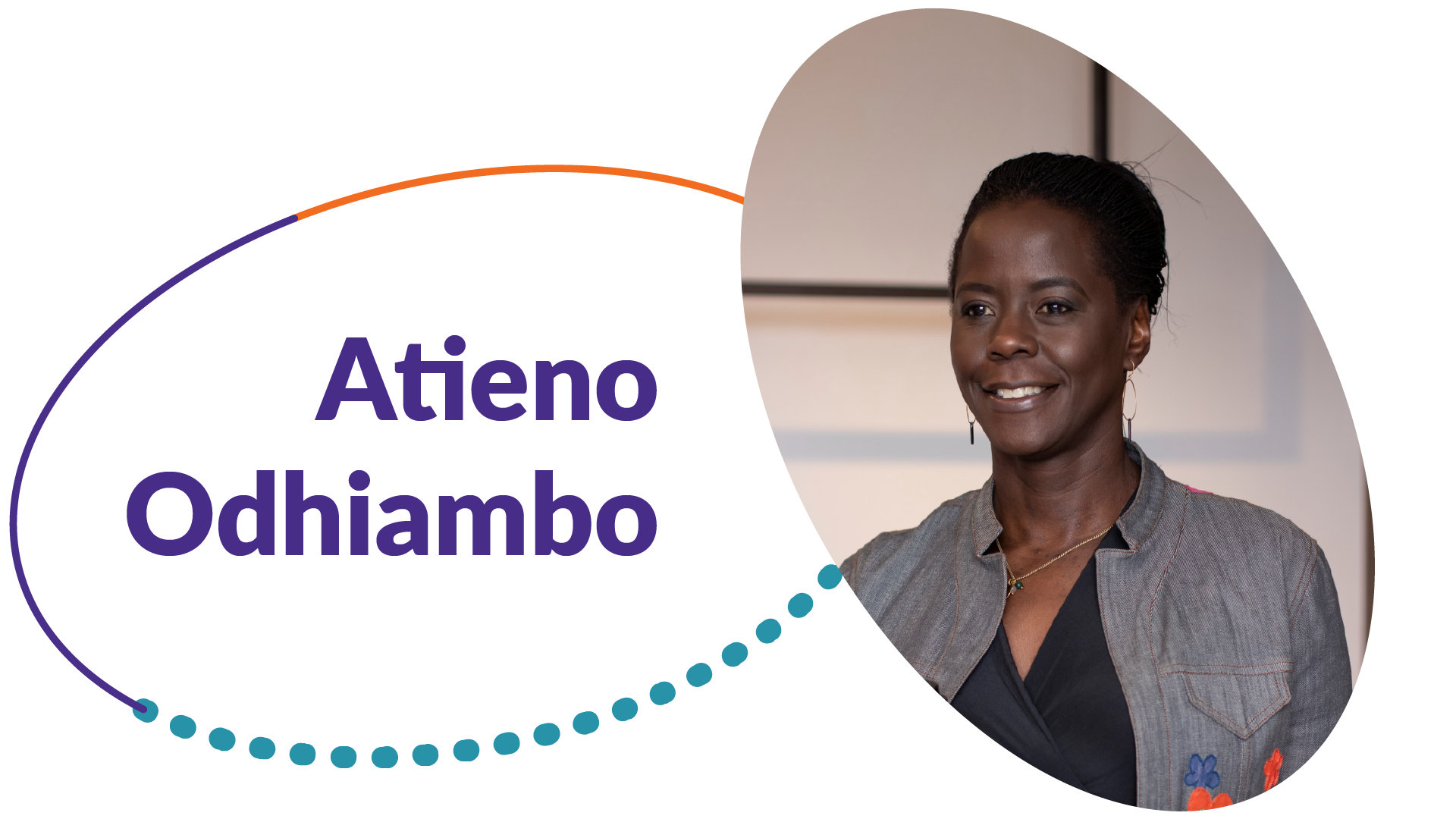
During the COVID-19 pandemic, governments around the world have abused legitimate health measures to infringe upon people’s rights. In Kenya, for example, officials implemented a strict lockdown and illegally detained citizens suspected of having the coronavirus. Those who tested positive for COVID-19 were put into isolation at public health facilities, where the government required them to pay for testing, isolation, and treatment themselves. Those who were unable to pay were detained without any legal basis. These violations have underlined the urgent need for transformative justice reform and legal empowerment.
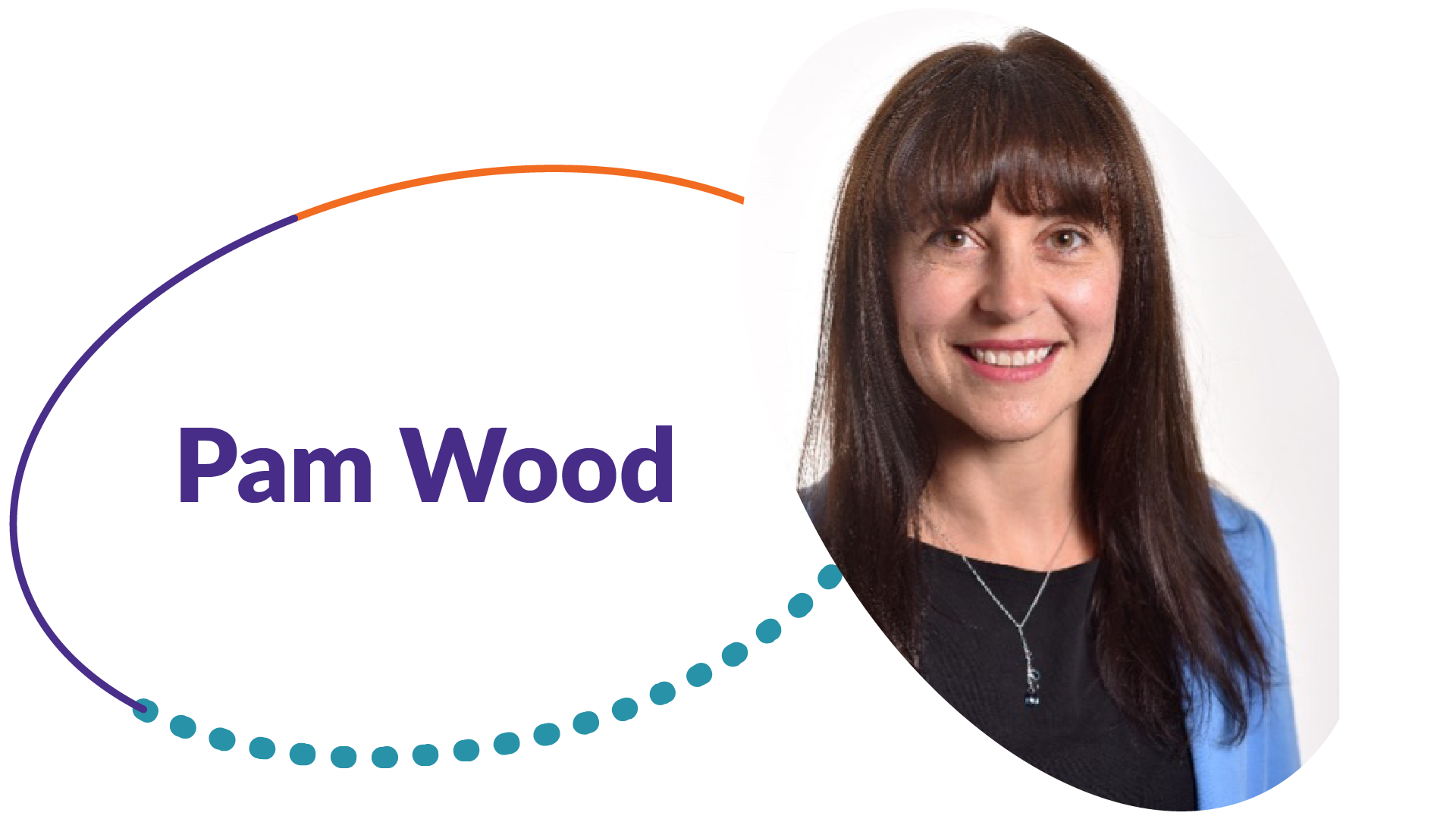
Production suppliers have come under increased strain as they balance worker well-being and heightened safety measures with supply chain disruptions including—at times—reduced capacity, increased demand, and more. HPE took many steps to ensure our suppliers continued to prioritize worker well-being during these challenging times, including developing and promoting Supplier Guidance on Social Responsibility and COVID-19 and maintaining our robust expectations regarding human rights.
The pandemic affected us all, but some individuals—such as migrant workers—experienced heightened risk to their safety, health, economic well-being and security. We demonstrate our respect for the human rights of all individuals in our value chain and where we live and work through HPE’s Global Human Rights Policy. In our recently published Commitment to Respect the Rights of Marginalized Groups, we share our understanding of heightened vulnerabilities, seeking to provide greater transparency in how to approach these risks to people, and how we work with representatives of various marginalized groups to accelerate positive impact.
WJP: Where do we go from here? What should the justice & rule of law community focus on now to leap forward?
Sharan Burrow (International Trade Union Confederation)
Corporations will only be held to account when the UN Guidelines on Business and Human Rights are enshrined in a treaty and become mandatory in each country with ‘Due Diligence’ legislation inclusion of grievance procedures to ensure remedy. These laws must be inclusive of all contractual arrangements in supply chains and must carry serious penalties for breeches.
Our economic model cannot be based on the wealth generated from dehumanizing exploitation of global supply chains!
Burrow will speak at the World Justice Forum “Identifying What Works” plenary session on June 1.
Sherrilyn Ifill (NAACP Legal Defense Fund)
The justice system must be examined unblinkingly from start to finish. Those who are incarcerated—either as punishment for crimes or because they are awaiting trial – must be held in humane conditions. Too often they are forgotten when disasters like floods, hurricanes, or COVID-19 strike. But those held in our prisons and jails are human beings, citizens of our countries—husbands, fathers, mothers, wives. Our justice system must develop common protocols for ensuring the safety and humane treatment of prisoners around the world, and in particular guidelines for ensuring the safety and health of prisoners and detainees during times of natural disaster.
Ifill is the featured speaker in this year’s Ruth Bader Ginsburg Legacy Keynote Conversation on June 2.
Adrián Vázquez Lázara (European Parliament)
We must take advantage of the potential of artificial intelligence (AI).
Nevertheless, the use of AI poses crucial ethical and legal questions. Artificial intelligence can help, indeed, to order and process claims in large lawsuits with many plaintiffs and/or defendants. Therefore, an algorithm could take care of preliminary administrative tasks (orders and processing) and then there would be human intervention from the justice system, so that people will review what the algorithms have already done.
The main advantage will be ending backlogs in the administration of justice. In countries such as Spain, it is known that justice is slow and, therefore, AI can help us in some administrative tasks. But there are some ethical concerns we should think about.
Lázara will speak at the “Realizing Tech for Good: Political, Legal, and Ethical Challenges” plenary session on May 31.
Atieno Odhiambo (Legal Empowerment Fund)
While a lot of resources have been poured into strengthening institutions and processes, that does not by itself make justice accessible—particularly to already vulnerable or marginalized populations. The justice and rule of law community must complement these efforts with strong, sustained support for frontline grassroots organizations who are tackling the justice gap at the grassroots level. No one understands better what marginalized communities need to overcome these towering inequalities. Legal empowerment turns that localized knowledge into a people-centered strategy for systemic change.
Odhiambo will speak at the “Recommendations, Commitments, and Investments to Advance Justice and Rule of Law” plenary session on June 2.
Pam Wood (Hewlett Packard Enterprise)
Regarding SDG 16, strengthen institutions and rule of law to better protect human rights. Governments have an opportunity to align regulation with the UNGPs, while companies can make more meaningful progress in embedding the UN guiding principles into how they operate across their whole value chain, reducing risk to people and amplifying social impact.
Wood will speak at the “Realizing Tech for Good: Political, Legal, and Ethical Challenges” plenary session on May 31.






